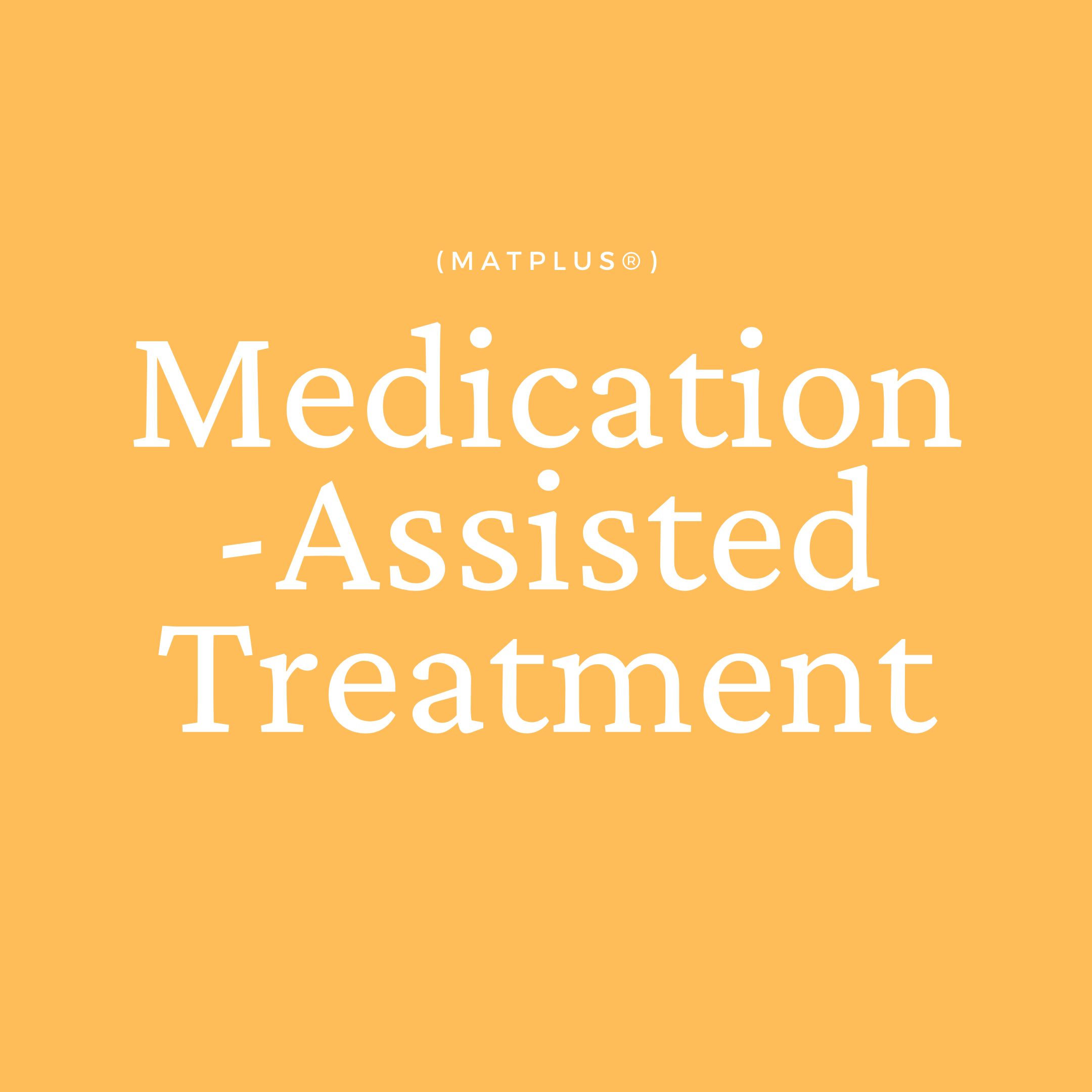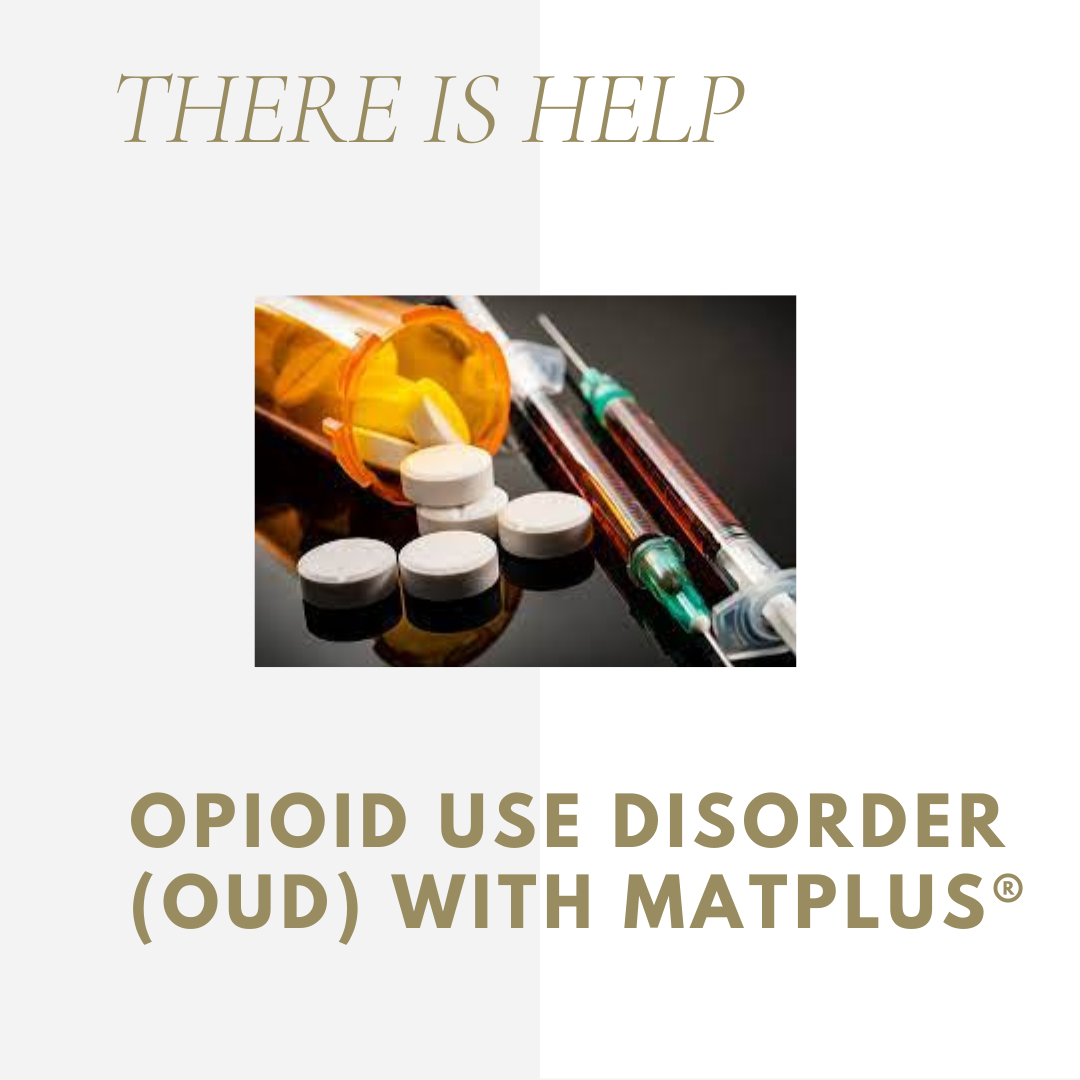Read our frequently asked questions to learn more about our offices. If you do not find your answer here, feel free to contact us, anytime.
What is detoxification?
Detoxification (Detox) is the process of allowing the body to rid itself of drugs while managing the symptoms of withdrawal. It is often the first step in a drug treatment program and should be followed by treatment with a behavioral-based therapy and/or a medication. Detox alone, with no follow-up, is not treatment and will not work.
Will detox cure me?
No. Detox alone, with no follow-up, is not treatment. Pathway Healthcare’s MAT Plus® takes a multidisciplinary approach to addiction and dependency treatment. Treatment will likely include detox, medication, and therapy. Addiction is defined as a chronic relapsing brain dependency. Drug dependency is defined as a psychological craving for a chemical substance. In particular, the use of drugs and alcohol changes the way the brain functions, and requires a multidisciplinary approach including on-going behavioral therapy and counseling. Pathway treats addiction and dependency just like any other medical disease.
What is MAT Plus® ?
Pathway Healthcare takes a multidisciplinary approach to addiction and dependency treatment with MAT Plus®, providing medication-assisted treatment, counseling, case management, and peer support services. We believe you must focus on more than just treating the body. It is vital to treat the physical, psychological, and social symptoms of addiction and dependency.
Is addiction or dependency a moral issue?
No. Just like any disease or use disorder, there are many factors that lead toaddiction or dependency. Like type II adult onset diabetes, it has many components. Lifestyle, genetics, and exposure to substances are just a few contributing factors. But once substance use disorder manifests itself, treatment is necessary.
Is addiction or dependency as simple as a choice?
No. There is no way of precisely predicting which initial decision actually opened the door to a later loss of free-choice capacity in a person who has become addicted or dependent on drugs or alcohol. Was it the adolescent drink, the cigarettes, or the experimentation with an illegal substance? Once established, the individual suffering from this disease or dependency cannot will themselves to be healthy any more than a person with heart disease can will their heart back to perfect working order, or a person with diabetes can will their body’s insulin response to return to normal. (NIH, Advancing Addiction Science; Addiction and Free Choice, February 18, 2014)
How many people suffer from addiction dependency or use disorders?
In the United States, 23.5 Million people are addicted to alcohol and drugs. This means the number of Americans with addiction is greater than those with heart disease, diabetes or cancer.
What treatment is necessary?
Treatment involves education about the disease, lifestyle changes, counseling, and medication.
Will I need all the treatments?
Not necessarily. Some people might respond merely to education that leads to lifestyle changes while others might need a combination of education, lifestyle changes, counseling, and medication.
Is Prescription Medication all that is involved in treatment?
Pathway Healthcare takes a multi disciplined approach to addiction treatment with MAT Plus®. In addition to medication assisted treatment, patients will participate in both individual and group counseling programs. these are offered through our outpatient services. To further provide patients with the resources needed to fully recover and rebuild, Pathway Healthcare, through our partner networks, gives a patient access to complimentary community and faith-based addiction programs.
Aren’t you just prescribing another drug?
No. As treating diabetes with insulin is about preventing blindness, amputation or loss of life, the treatment of drug or alcohol addiction or dependency with certain medications is about preventing loss of self, family, education, employment, and loss of life. Medications like Buprenorphine/Naloxone or Vivitol are different from the full agonists (euphoria-producing drugs) to which people usually become addicted. Pathway prescribes medication that helps end the craving for euphoria.
How long will I need the medication?
The length of medication assisted treatment varies from individual to individual. Recovery is multi-faceted and there are no time limits applied to the process. Life-repair is the ultimate goal, and if medication has shown a benefit to you and your recovery, then it should be considered long term. Just as a diabetic treats their disease with medication, addiction and dependency can be treated the same way: without the restraint of time. You and your counselors will be the best judge of recovery and the need to continue medication.
Will my insurance pay for my treatment?
Every insurance company and policy is different with respect to coverage, deductibles, and co-pays; it is wise to contact your insurance carrier. Pathway Healthcare accepts most major insurances. We will be happy to assist in determining if your insurance covers Pathway Healthcare treatment.
Will I be treated with compassion and respect?
Yes. At Pathway Healthcare, our mission is to remove the stigma of addiction, dependency and other substance use disorders. We treat every patient with kindness and respect. We are here to help you.
What is psychiatric medication management?
Psychiatric medication management is a treatment method used by your medical provider that focuses on the use of psychotropic medications in the short term and the long term for the treatment of mental health diagnosis. It includes educating the patient on the medication, monitoring the safety and effects, and ongoing visits to ensure the continued symptom improvement.
What psychotropic medications?
Psychotropic medications are simply medications that are capable of affecting the mind, emotions, and behavior.
If I want mental health counseling, do I have to see a psychiatrist?
Pathway Healthcare counselors are trained and experienced in a treating a wide range of mental health diagnosis. Using proven assessments and other therapeutic tools, each patient is evaluated at intake and periodically throughout treatment. Those evaluations may indicate that the patient could benefit from seeing a Pathway psychiatrist for possible medication management. If that is the case, your counselor will make the appropriate recommendations and referrals and will always continue providing excellent therapy, even when the care of a psychiatrist is needed.



